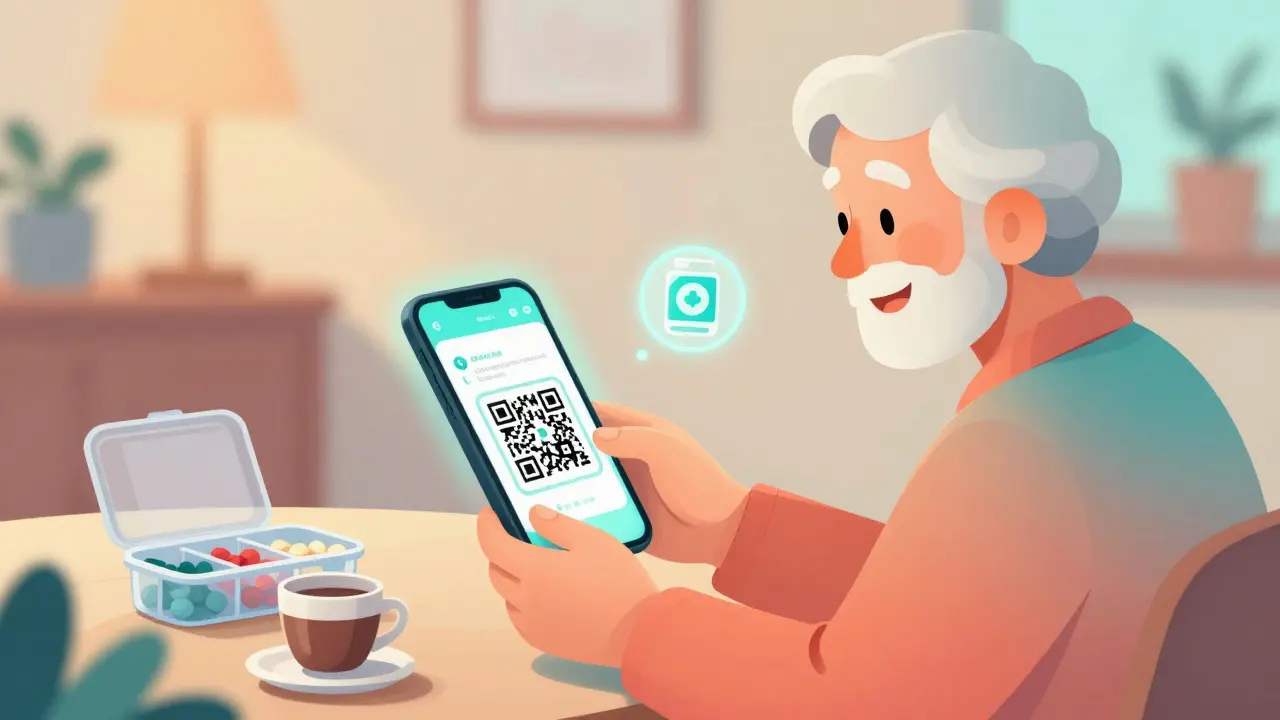Medication quality: How to spot safe, effective meds
Quality matters. A medicine that’s effective for one patient can be useless or dangerous if it’s counterfeit, mishandled, or past its expiry. Here are clear, practical steps you can use anytime you buy or store drugs — in a pharmacy, online, or from a clinic.
Check packaging and labeling
Look closely at the box and bottle. Check for a sealed tamper-evident strip, a clear lot or batch number, an expiry date, and the manufacturer’s name and contact. Spelling mistakes, blurry logos, or missing information are red flags. For tablets and capsules compare the imprint, color, and shape with reliable images or the pill identifier on a pharmacy site.
Verify the source
Only buy from licensed pharmacies or well-known online stores. If you shop online, confirm the site requires a prescription when one is appropriate, shows a physical address, and lists a pharmacist contact. Avoid tiny sellers that ship from unknown locations or ask to bypass prescriptions. Use price as a gauge too: wildly low prices often signal poor quality or counterfeit products.
Check for regulatory approval. In many countries reliable medicines have markings or registration numbers from national agencies. If unsure, search the manufacturer and product registration on the agency’s website. Pharmacist advice matters: ask them about suppliers and whether the brand shares bioequivalence data if you switch to a generic.
Mind storage and handling. Many drugs need specific temperatures or protection from light and moisture. Inspect bottles for moisture, crushed tablets, or powder where there shouldn’t be any. If a medication feels off — unusual smell, crumbling tablets, or sticky gels — don’t use it and return it to the pharmacy.
Check documentation and batch recalls. Keep the receipt and the lot number. If a manufacturer issues a recall or a safety alert, those details let you confirm whether your supply is affected. Many regulators publish recall lists online; check them periodically if you store long-term meds.
Ask practical questions. How long has the pharmacy stored the drug? Was it shipped with cold packs if needed? Is the brand authentic or a local generic? A good pharmacist will answer these quickly and clearly. If the seller hesitates or gives vague answers, walk away.
Use batch numbers to report problems. If you suspect a fake or damaged product, save packaging and take photos. Contact your pharmacist and the manufacturer, and file a report with the national drug regulator. Quick reporting helps remove dangerous supplies fast and protects community.
When in doubt, test the effects carefully. Start a new medication under medical guidance at a low monitored dose when possible. Report unexpected reactions to your provider and the pharmacy. Reporting helps trace bad batches and protects other patients.
Keeping meds safe is mostly about checking details and trusting credible sources. Small steps — reading labels, confirming suppliers, and monitoring storage — cut your risk a lot. If something strikes you as wrong, question it. Your health depends on the quality behind the pill.




